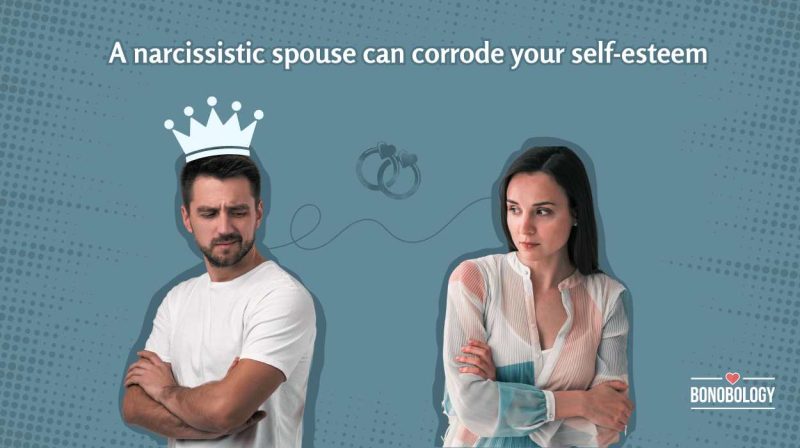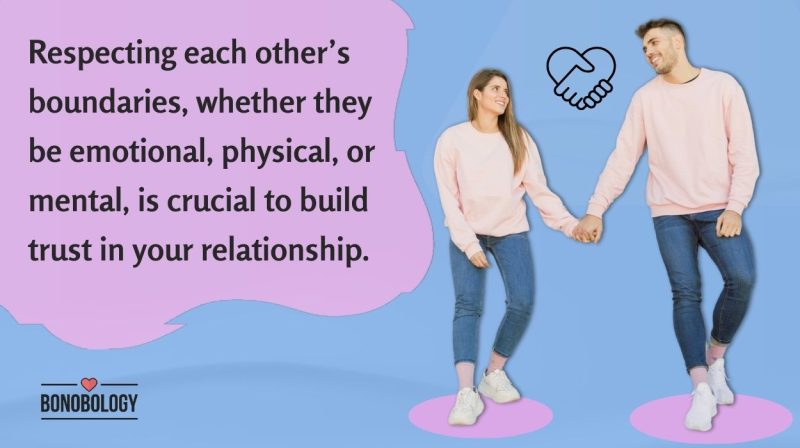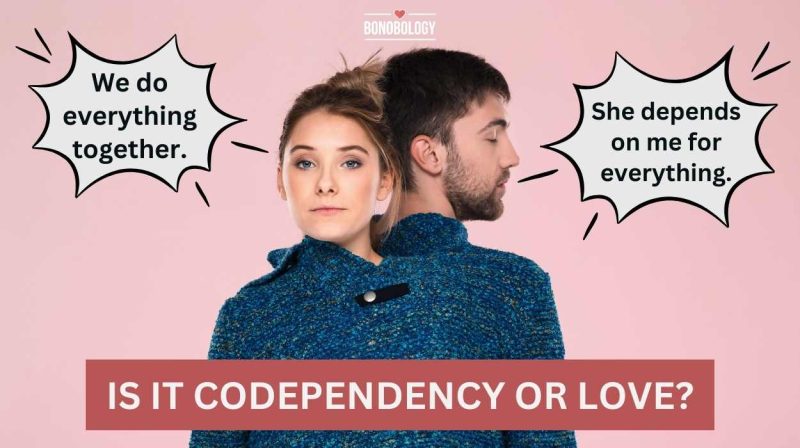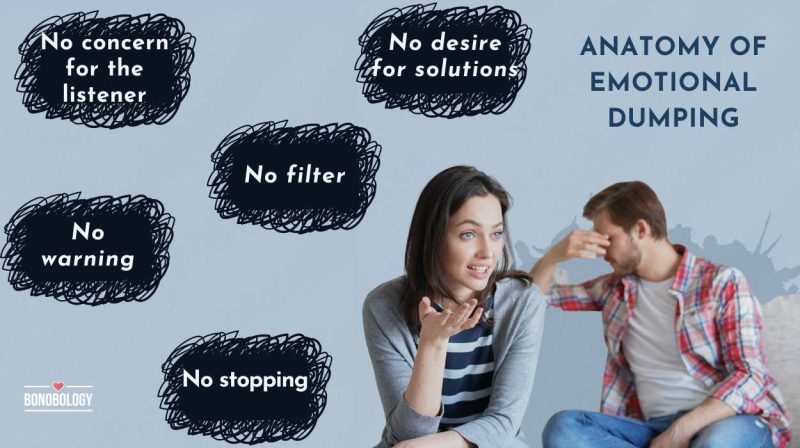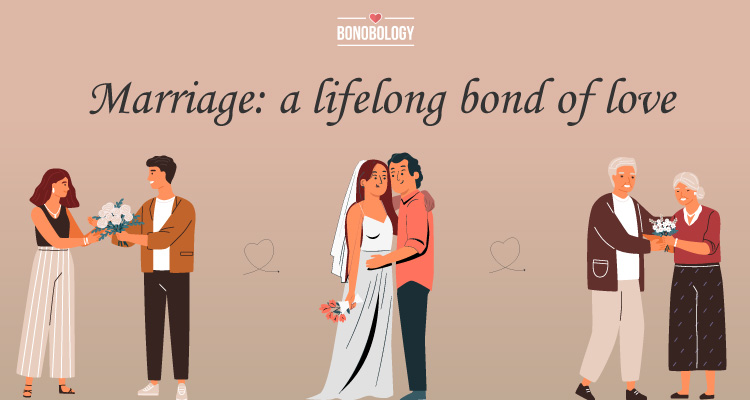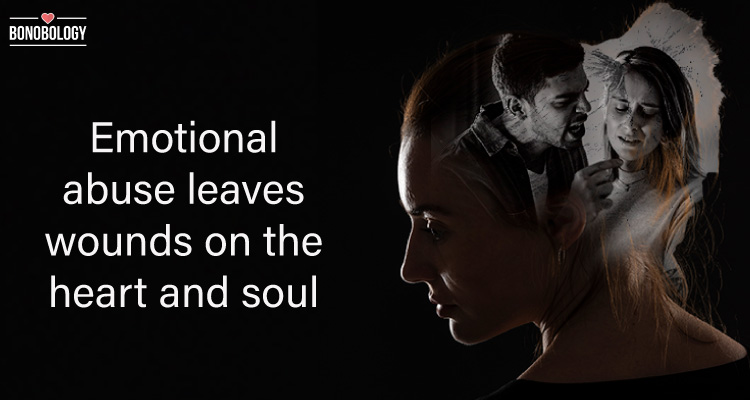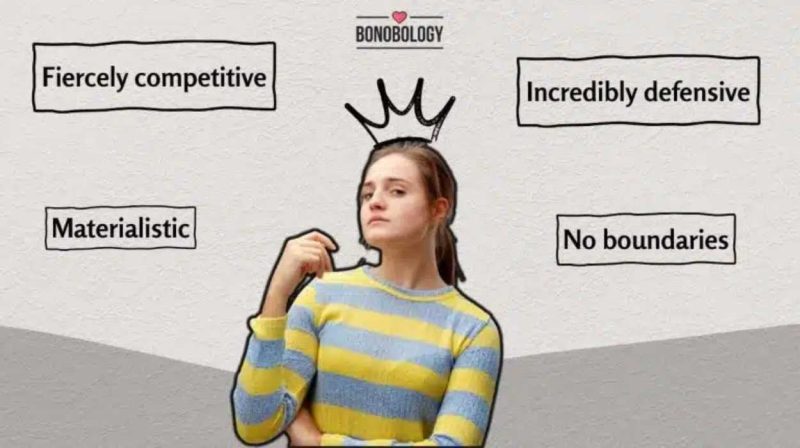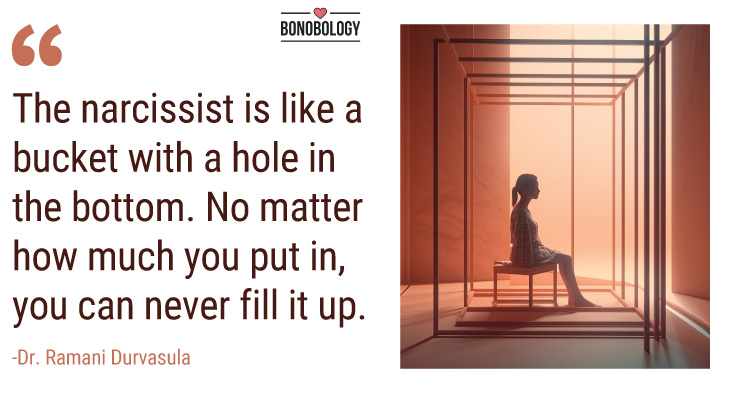Having robust conflict resolution strategies is essential for the survival of any long-term committed relationship. That’s because when two people with different ideas, personalities and points of view come together, there are bound to be conflicts. Not being equipped to handle these differences can make relationship conflict chronic.
Once that happens, things can unravel quickly, bringing your relationship to the brink of breaking. That said, conflict in itself isn’t a bad thing, as long as both partners are willing to do the work to fix it. One of the relationship conflict quotes by American clinical psychologist Dr. Julier Gottman best sums it up, “Conflict is the opportunity to learn to love our partners better over time.”
Let’s try to decode relationship conflict dynamics and resolution strategies to help you embrace this unpleasant yet inevitable aspect of togetherness, with insights from counselor and certified life coach Dr. Neelu Khanna, who specializes in dealing with issues related to emotional needs and conflicts of human behavior, marital discords and dysfunctional families.
What Causes Relationship Conflict?
Table of Contents
Relationship conflict can be attributed to a variety of factors. At the outset, all forms of conflict in romantic relationships can seem the same. Both partners find themselves on the opposite sides of an issue and may find it difficult to bridge that gap. That’s why it can become a challenge to resolve conflict in a relationship when both feel strongly.
However, if you look closely there are different types of conflict in relationships, each with its own set of underlying triggers and reasons. Before you explore techniques for conflict resolution in relationships, it is important to get to the root of the problem. According to Dr. Khanna, the following are the 6 most common causes of conflict among couples:
1. Selfishness is a key cause of relationship conflict
“If you explore what causes relationship conflict, selfishness will emerge as one of the most prominent triggers. Often, people become so fixated with their own needs and desires that they forget to see how these affect their partners,” Dr. Khanna says.
Conflict can arise between couples when one partner fails to factor in the other in important life decisions. Whether you are the selfish one in the relationship or your partner, the tendency to always put your needs before that of your SO or the relationship can drive a wedge in your partnership.
Irrespective of whether this happens unwittingly or intentionally, it impacts the health of a relationship. While self-preservation is necessary, the inability to prioritize your relationship or never putting your partner’s needs ahead of yours is one of the classic examples of conflict in relationships.
2. Poor communication skills can broaden the divide

Communication problems between couples are extremely common. When egos, unresolved feelings and past issues come into play, the ability to convey how you really feel begins to suffer. “Poor communication isn’t just about what you say or don’t but also how you say it. Dealing with relationship conflict can become that much harder if communication is geared toward arguments,” says Dr. Khanna.
When both partners become intent on proving they are right, positive communication is hindered. This leads to an escalation of tension and deepening of conflict in the relationship. When you lack the ability to listen to your partner and understand where they’re coming from, even the smallest of issues can drive a wedge between you and your significant other.
3. Resentment fuels conflict between partners
If one or both partners tend to offend each other often, a sense of hurt takes root. The person who is hurt may not express their emotions to their partner openly but feels discontent. As these feelings begin to pent up, partners can become distant over time. Conflict resolution for couples becomes near-impossible when their equation is riddled with deep-seated hard feelings for one another.
Unresolved negative emotions fuel resentment in a marriage or relationship. This not only becomes a trigger for conflict but also makes the resolution of differences harder. When that happens, the will to fix tension in a relationship or resolve differences is lost.
Related Reading: How Much Is Couples Therapy?
4. Constant criticism aggravates relationship conflict
No one likes to be constantly picked on or criticized. Particularly not by one’s partner. “Conflict is bound to take root in a relationship where criticism and constant fault-finding are the norms. When one partner pins the blame for all that goes wrong on the other and steals credit for all positive development, it drives a wedge in the relationship,” Dr. Khanna explains.
Criticism and nagging can not only become a source of conflict but can also render even the most time-tested conflict resolution techniques ineffective. Breaking this pattern and learning to offer criticism in a positive manner is essential to replace the qualities of an unhealthy relationship with healthy ones.
5. Unrealistic expectation can also cause trouble in paradise
Nearly all of us have grown up on the notions of ‘happily ever after’, ‘prince charming’ and ‘knights in shining armor’. According to Dr. Khanna, those who carry these fantastical notions into their adult relationships set themselves up for trouble. Placing unrealistic expectations on one’s partner or setting the bar too high for relationship goals is bound to result in disappointment.
That becomes a constant cause for conflict and tension in the relationship. However, it is not wrong to expect certain things from your partner. On the contrary, realistic relationship expectations are necessary to build a quality relationship. Couples need to manage expectations the right way in order to prevent them from turning into a source of conflict.
6. Past baggage can lead to conflict in relationships
Dr. Khanna says that a person’s past baggage can also manifest into different types of conflict in relationships. “Bad experiences in previous relationships, upbringing, childhood experiences, suffering abuse at the hands of a former partner, parents or siblings can all impact a person’s current relationship. If these issues are not correctly addressed and resolved before entering into a new relationship, they can become a root cause of conflict.”
One of the classic couple conflict examples is trust issues developed by people who have been cheated upon in the past. The past experience prevents the person from fully trusting their romantic partners. The suspicion or fear that their current partner will also betray them the same way causes them to resort to accusations and blame-game. Inevitably, this leads to conflict, fights, bickering and arguments that can take a toll on the relationship.
Types Of Conflict In Relationships
As we have seen, not all conflict in romantic relationships is created equal. The spectrum of possible issues that lead to conflicts in relationships is diverse and the intensity of conflict can vary, depending on the underlying issues as well as the health of a relationship. Likewise, the types of conflict in relationships can also be equally diverse.
Depending on the underlying causes triggering rift between two partners, conflict can manifest in various forms. If both partners fail to adopt healthy conflict resolution in relationships, the nature of these conflicts can quickly turn toxic.
To prevent that from happening to you, let’s take a look at different types of conflict in relationships so that you can identify the problematic patterns and nip them in the bud:
Related Reading: 11 Relationship Arguments That Spell Doom For Your Bond
1. Constant criticism
One of the most common examples of conflict in relationships is constant criticism by one or both partners. When you’re incessantly picking on your partner, telling them all that’s unpleasant about their personality, or vice versa, it’s going to douse the flame of love and affection that brought you together in the first place.
Besides, being a nagging wife who doesn’t think her husband could do anything right or an insensitive husband who cannot help but recount his spouse’s faults reeks of a lack of mutual respect. In the absence of love, affection and respect, disagreements in relationships are bound to snowball out of proportion, leaving you feeling like you’re in a war zone.
2. Mutual contempt
Among the possible issues that lead to conflicts in relationships, contempt ranks right at the top of the pyramid. When conflict between husband and wife or any two romantic partners is triggered by the baggage of unmet needs and expectations, it manifests in the form of contempt. You don’t think your partner is good enough because you haven’t healed from the hurt they may have caused you in the past, no matter how small or insignificant.
Conflict resolution for couples becomes an insurmountable challenge because their fights and disagreements are never just about the issue at hand. Every little difference of opinion turns into an opportunity to bring up all the issues from the past, leaving you stuck in a cycle of having the same fights over and over again.
3. Defensiveness
Another common type of conflict in relationships is characterized by defensiveness. You see another fight in the offing and know that only means another round of mud-slinging and blame-shifting. Before your partner has a chance to pin the blame on you, you get all defensive and pin the responsibility on them.
When disagreements in relationships make partners defensive and turn on each other, it’s a worrying sign that conflict has become chronic. You feel like a victim, and get your guard up to avoid the negative consequences of yet another fight.
4. Stonewalling
Stonewalling is yet another one of the classic examples of conflict in relationships. When disagreements in relationships become too frequent, even the thought of going through the same motions again can be emotionally draining. So, you shut your partner out by refusing to engage with them and giving them the silent treatment – known as stonewalling.
The idea here is not to take time out to calm down so that you can resolve the amicably but to deliberately cause emotional hurt by shutting your partner out. When the conflict in romantic relationships results in stonewalling, it’s a warning sign of a connection having turned toxic. Among the different types of conflicts in relationships, this is the hardest to resolve.
Related Reading: Relationship Burnout: Causes, Signs And Tips To Overcome
Stages Of Relationship Conflict
Relationship conflict takes root long before the first symptoms of discord begin to surface. Even though these stages of relationship conflict may not always be linear or mutually exclusive, understanding them can help you recognize the warning signs early on. And thus, develop conflict resolution strategies in time. Here are the 5 key stages of relationship conflict you should keep an eye out for:
1. Inner disturbance
In the heart of your hearts you know something is amiss in your relationship. But you haven’t been able to put a finger on it yet. The trouble is if you can’t name a problem, you can’t take steps to deal with it. Even so, do not ignore this gut feeling. Use it as a nudge to introspect on your relationship.
2. Avoiding issues
Over time the underlying issues in the relationship become clear. At this stage, most couples resort to avoiding difficult conversations about their problems rather than tackling them as a team. Brushing issues under the carpet is an ill-equipped coping technique. One that backfires, almost always.
Working on improving communication in the relationship can prevent issues from escalating and nip the problems in the bud rather than letting them snowball into something bigger.
3. Perceiving your partner as an adversary
Not dealing with relationship conflict head-on causes the issues and negative emotions to magnify. You begin to view your partner as an adversary. Even the smallest disagreements get blown out of proportion, and you start reacting to each other from a place of anger, resentment and aversion. At this stage, you start having the same fights over and over again with no resolution in sight. This can be an extremely exhausting place to be in.
Related Reading: Does being married guarantee romance and desire?
4. Seeking validation from others
If relationship conflict gets past the third stage without resolution, it could lead to serious alienation between partners. Now, you begin airing your dirty laundry in public and seeking validation for your actions vis-à-vis your partner’s from your inner circle of family and friends. You or your partner may start using private conversations or arguments to criticize each other in public. Such tendencies are a sign that you’re turning into a toxic couple.
5. Signs of aggression

At the fifth and final stage of relationship conflict, aggression seeps into the relationship. Aggression doesn’t necessarily mean physical acts of violence. It can fall anywhere in the range of sarcastic jibes to lashing out. Stonewalling or giving each other the silent treatment, gaslighting one’s partner or throwing temper tantrums are all forms of aggression in their own right. In extreme cases, it may manifest as violent outbursts.
8 Effective Conflict Resolution Strategies You Can Try
Conflict in a relationship can make partners feel attacked and threatened. It is natural to operate from a place of defensiveness in such a situation. While many couples succeed in making up after a fight, the underlying core issues often remain unaddressed. Here 8 effective conflict resolution strategies you can try to fix negative patterns in your relationship and connect with your partner better:
1. Reset focus from yourself to the relationship
How to resolve conflict in a relationship when both feel strongly? This question weighs on the minds of couples dealing with conflicting opinions. “The first step here is to rest your focus. Direct your energies toward solving the problem at hand instead of the hurt or anger you may be feeling. One of the most effective helpful conflict resolution strategies for couples is to not treat each other as adversaries,” Dr. Khanna says.
This small change in outlook can go a long way in helping you look at yourself and your partner as a team and your relationship conflict as the common enemy.
2. Use communication to bridge gaps when dealing with relationship conflict
Wondering how do you end the conflict in a relationship? Know that using communication as a tool to bridge gaps and not widen them is a critical part of the process. Whenever you are presented with an impasse, don’t use your words to fuel arguments and disagreements. Instead, choose them carefully so that you can find a middle ground that’s acceptable to both parties.
Dr. Khanna says, “Replace words like ‘you always do this’, ‘I knew you’d say that’ or ‘why can’t you understand for once’ with ‘I get how you feel, but…’ or ‘I know you’re not comfortable. How about we…’ Long-term relationships or marriages demand compromise and adjustment. When you’re willing to offer that, more often than not your partner will reciprocate by adjusting or backtracking on their position.” An issue is tackled before it blows up. This is one of the conflict resolution strategies that almost always do the trick.
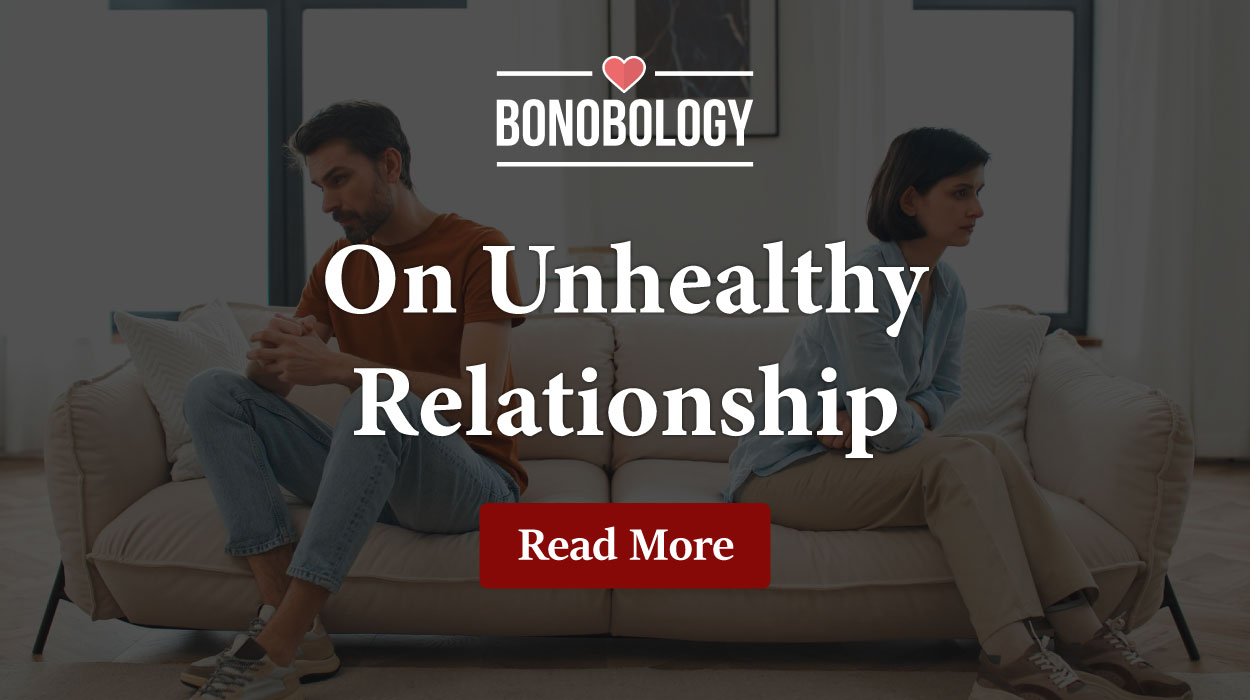
3. Look at conflict as an opportunity
Here is one of the best relationship conflict quotes to live by, “At the end of the day, you can either focus on what’s tearing you apart or what’s keeping you together.” The idea of using conflict as an opportunity is rooted in this outlook on relationships. When in disagreement with your partner, don’t channel your energies in trying to win or prove your point.
“There is no benefit in making your partner lose anyway. Use it as an opportunity to understand where you both differ in your perspective and how you can align your points of view more. You may not succeed 100% of the time but there will be definitive progress. In situations where you cannot agree with your partner, learn to respect their point of view and embrace your differences,” Dr. Khanna says.
Learning to respect your differences and agreeing to disagree on certain issues is a bankable resolve conflict in a relationship when both feel strongly.
Related Reading: How To Survive A Sexless Marriage Without Cheating
4. Humor is one of the fool-proof conflict resolution strategies
Even healthy relationships get caught in a retaliatory spiral at times. This happens when you’re going through a rough patch in your relationship or life. Humor can be the perfect antidote to fix tension in a relationship and break free from the vicious circle of arguments and disagreements.
“If you feel yet another argument is building up or escalating, use humor to derail and disarm it. Crack an old inside joke, sing a song, recount an old memory. As you catch each other with your guard down, it will become easier to connect. Suddenly, even the most daunting conflict will seem ridiculous,” Dr. Khanna suggests.
5. Questions are important for conflict resolution in relationships
Well, at least, the right kind of questions. This is one of the conflict resolution strategies that can be particularly helpful for couples who fear that differences may take a toll on their relationship. Dig into your past and ask yourself the right questions to uncover the underlying unresolved issues triggering conflict.
“At what point did your relationship take a turn for the worse? Was there a significant setback? Or did a pent up of small issues cause a breakdown? Is your relationship held back by some limiting beliefs? What kind of future do you want with your partner? How can you build it? Asking such difficult questions is one of the time-tested conflict resolution techniques,” Dr. Khanna says.
These are some of the questions to help you get started on the path of introspection. However, make sure you approach this exercise with the right mindset. The objective is to resolve conflict and not blame-shifting.

6. How do you end the conflict in a relationship? Start with acceptance
We all have our share of less than desirable habits, patterns and tendencies. If you want to eliminate chronic conflict from your relationship, accepting your partner’s ‘negative’ traits is a must. Focus on what you love about them or how they make you feel instead of quirks and habits that drive you up the wall.
“When you learn to accept that your partner is a person with strengths and weaknesses, good qualities and bad, the not-so-pleasant aspects of their personality won’t bother you anymore. Just like that, those recurring fights about leaving the wet towel on the bed or spending too much time on the phone will become non-issues,” Dr. Khanna says.
7. At the same time, recognize your negative patterns
Just like your partner, you too have your share of shortcomings and weaknesses. Working on recognizing and at least trying to eliminate those is one of the vital conflict resolution strategies in relationships.
Looking for couple conflict examples to understand what kind of poor relationship patterns you should work on fixing? Picture this: Say you tend to close up and become withdrawn in face of conflict. Owing to this, you end up giving your partner the silent treatment in every fight. The lack of communication, in turn, infuriates them. And even a small agreement blows over into a long drawn-out fight.
Sounds familiar? Well, the next time there is an argument, make a conscious effort to break this pattern. If you cannot bring yourself to initiate conversation, at least be open to it when your partner makes an effort.
8. Forgiveness holds the key to conflict resolution in relationships
Long-standing disputes and differences can lead to feelings of hurt, anger, mistrust in a relationship. Even more so if trust between partners takes a hit. In such a situation, one of the best conflict resolution strategies is forgiveness.
“Forgiveness in relationships can work wonders in cementing your bond despite the ups and downs. However, it is not something that can be achieved overnight. It takes work and a conscious effort to admit mistakes, put your partner first and commit to total transparency. When you achieve, the results can be magical for conflict resolution in relationships,” Dr. Khanna claims.
Relationships aren’t easy. They require constant care and nurturing. Despite the flaws and differences, most relationships are worth the effort. So before you let your bond with your partner wither away, give these conflict resolution strategies a chance.
FAQs
The right way to approach conflict resolution in a relationship is to always be mindful of the fact that you and your partner are not adversaries but a team. Don’t let differences and arguments divide you.
To reduce conflict in a relationship, both partners have to commit to fostering healthy communication and resolving issues as they arise. Don’t sweep things under the carpet or swallow your feelings for the sake of maintaining peace and harmony. These tendencies will only come back to haunt you later.
Forgiveness, acceptance, recognizing one’s own flaws, positive communication, teamwork, humor and asking the right questions are all key components of conflict resolution techniques.
The best conflict resolution strategy is to go into a relationship with a clean slate – this means processing your past baggage before forging new bonds – and keeping it that way by not letting issues slide unaddressed.
12 Hurtful Things You Or Your Partner Should Never Say To Each Other
10 Things To Do When You Are Drifting Apart In Your Relationship
Your contribution does not constitute a charitable donation. It will allow Bonobology to continue bringing you new and up-to-date information in our pursuit of helping anyone in the world to learn how to do anything.




